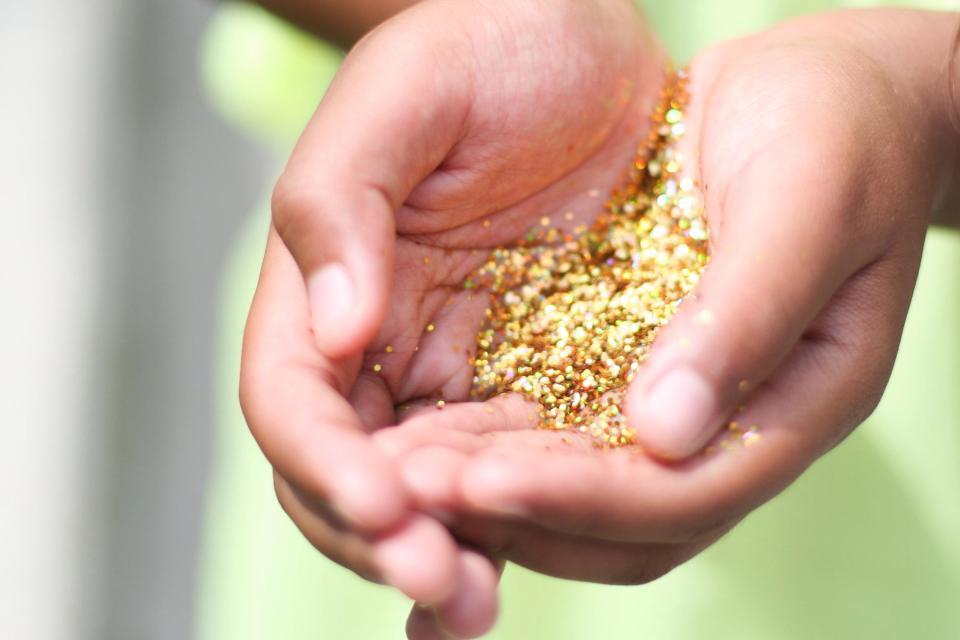Scientists have called for glitter to be banned globally because of the threat it presents to wildlife.
The glistening decorative powder may seem harmless, but environmental researchers claim it is a dangerous pollutant, particularly to the oceans.
The problem has become so severe that plastics are found in a third of all fish caught in Great Britain, according to a study by Richard Thompson, Professor of Marine Biology at Plymouth University.
He said: “I was quite concerned when somebody bought my daughters some shower gel that had glitter particles in it.
“That stuff is going to escape down the plughole and potentially enter the environment.”
Dr Trisia Farrelly of New Zealand’s Massey University is one of the scientists urging the ban of all ‘microplastics’, which is anything under five millimetres in length.
Their diminutive size and sparkling appearance make them appealing to animals who will eat them, Valley News Live reported.
The British government has announced it will ban “rinse off” microbeads – plastics of less than one millimetre in length – following increasing evidence that it is harming to both marine life and human health.
These products include exfoliating scrubs, some shower gels and even toothpastes.
Some British schools have gone as far as to ban glitter because of the danger they can cause the environment.
“There are 22,000 nurseries in the country, so if we’re all getting through kilos and kilos of glitter, we’re doing terrible damage,” director of Tops Day Nurseries Cheryl Hadland told the BBC.
Only seven states in America have passed legislation to restrict the use and sale of microbeads.
California became the first to place a ban on the products in 2015.
Source: http://bit.ly/2A2fkXH











